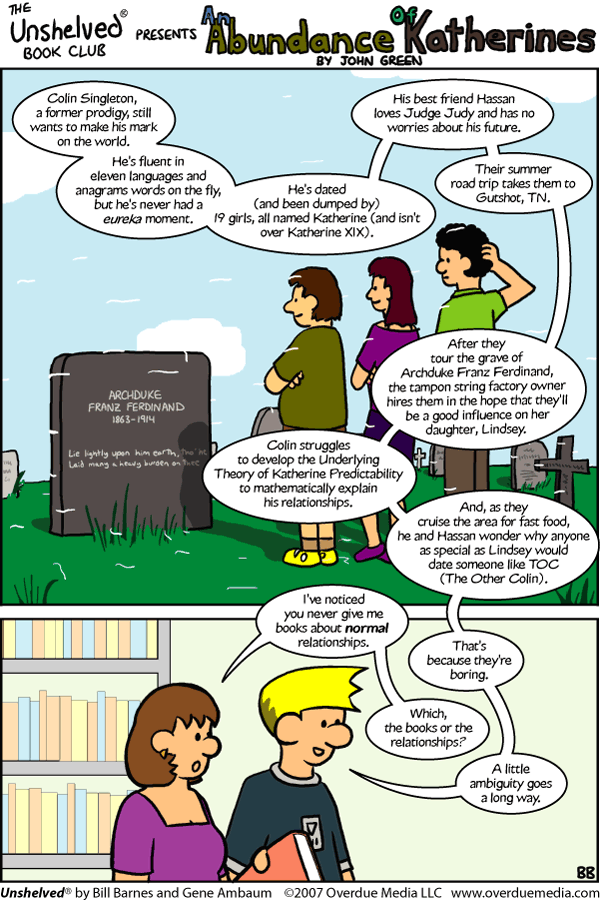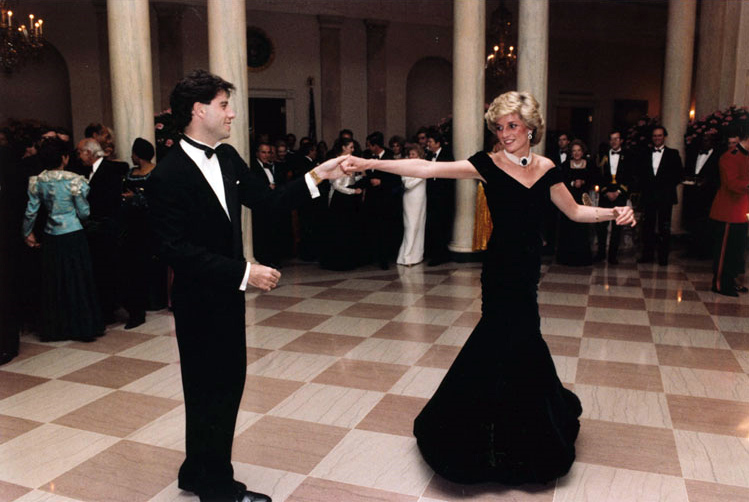
6.28.2011
6.27.2011
6.26.2011
 "I think an idea... we can all sit around and say, "Wouldn't it be cool to get two rhinoceroses to stand upside down and then paint them red and then everyone would look at it because it would mean this or that" or some kind of artistic for art's sake, or art for art's sake, or improvisation for improvisation's sake. I think that's cool, and there's been plenty of people that have furthered the envelope in art and music because of their experimentation. But I think for me, the music that has always resounded with me — and art as well — is when it feels a little bit like it's coming from a person. And it's coming from a visceral place. A place that is maybe trying to explain something that isn't explained yet. And I guess that's what I was trying to do, and by trying to write songs in a subconscious way, I've ended up with something I'm pretty proud of that I didn't know I was capable of doing."
"I think an idea... we can all sit around and say, "Wouldn't it be cool to get two rhinoceroses to stand upside down and then paint them red and then everyone would look at it because it would mean this or that" or some kind of artistic for art's sake, or art for art's sake, or improvisation for improvisation's sake. I think that's cool, and there's been plenty of people that have furthered the envelope in art and music because of their experimentation. But I think for me, the music that has always resounded with me — and art as well — is when it feels a little bit like it's coming from a person. And it's coming from a visceral place. A place that is maybe trying to explain something that isn't explained yet. And I guess that's what I was trying to do, and by trying to write songs in a subconscious way, I've ended up with something I'm pretty proud of that I didn't know I was capable of doing."6.25.2011
6.24.2011
define american
It was an odd sort of dance: I was trying to stand out in a highly competitive newsroom, yet I was terrified that if I stood out too much, I’d invite unwanted scrutiny. I tried to compartmentalize my fears, distract myself by reporting on the lives of other people, but there was no escaping the central conflict in my life. Maintaining a deception for so long distorts your sense of self. You start wondering who you’ve become, and why.
In April 2008, I was part of a Post team that won a Pulitzer Prize for the paper’s coverage of the Virginia Tech shootings a year earlier. Lolo died a year earlier, so it was Lola who called me the day of the announcement. The first thing she said was, “Anong mangyayari kung malaman ng mga tao?”
What will happen if people find out?
I couldn’t say anything. After we got off the phone, I rushed to the bathroom on the fourth floor of the newsroom, sat down on the toilet and cried.
- - -
I’m done running. I’m exhausted. I don’t want that life anymore.
So I’ve decided to come forward, own up to what I’ve done, and tell my story to the best of my recollection. I’ve reached out to former bosses and employers and apologized for misleading them — a mix of humiliation and liberation coming with each disclosure. All the people mentioned in this article gave me permission to use their names. I’ve also talked to family and friends about my situation and am working with legal counsel to review my options. I don’t know what the consequences will be of telling my story.
- - -
Not long ago, I called my mother. I wanted to fill the gaps in my memory about that August morning so many years ago. We had never discussed it. Part of me wanted to shove the memory aside, but to write this article and face the facts of my life, I needed more details. Did I cry? Did she? Did we kiss goodbye?
My mother told me I was excited about meeting a stewardess, about getting on a plane. She also reminded me of the one piece of advice she gave me for blending in: If anyone asked why I was coming to America, I should say I was going to Disneyland."
6.21.2011
6.19.2011
6.18.2011
6.17.2011
6.16.2011
6.14.2011
"How far can one travel from the Earth?
Since one can not travel faster than light, one might conclude that a human can never travel further from Earth than 40 light years, if the traveler is active between the age of 20 and 60. One would easily think that a traveller would never be able to reach more than the very few solar systems which exist within the limit of 20-40 light years from the earth. But that would be a mistaken conclusion. Because of time dilation, he can travel thousands of light years during his 40 active years. If the spaceship accelerates at a constant 1G, he will after a little less than a year (mathematically) reach almost the speed of light, but time dilation will increase his life span to thousands of years, seen from the reference system of the Solar System, but his subjective lifespan will not thereby change. If he returns to Earth he will land thousands of years into its future. Even if he should accelerate for a longer period, his speed will not be seen as higher than the speed of light by observers on Earth, and he will not measure his speed as being higher than the speed of light. This is because he will see a length contraction of the universe in his direction of travel. And during the journey, people on Earth will experience much more time than he does."
i love you, wikipedia.
















